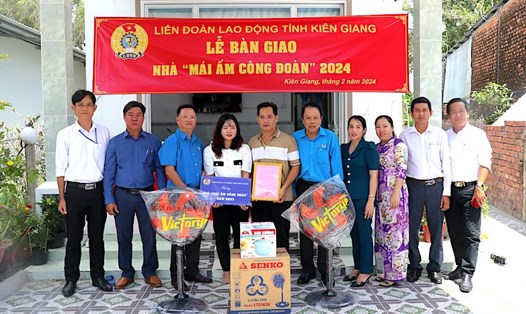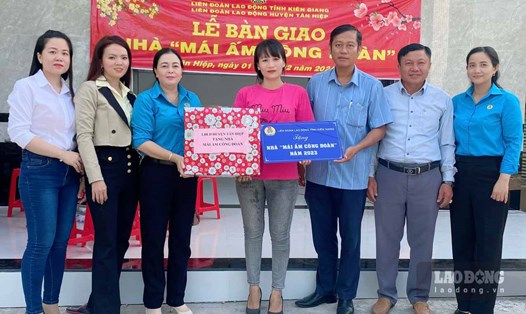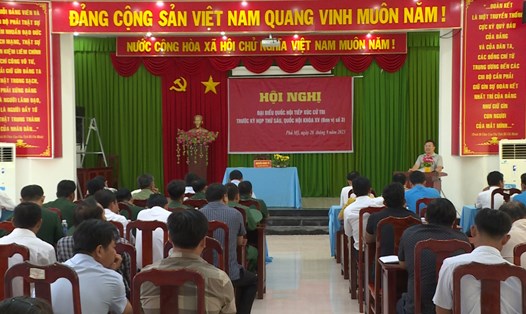The People's Committee of Kien Giang province has just issued Plan No. 325 to implement the plan of the Provincial Party Standing Committee to implement Directive No. 29 of the Politburo on universal education, compulsory education, adult literacy and promoting student streaming in general education by 2030 and vision to 2045.
The plan focuses on improving the quality and indicators of universal education; creating rapid and stable changes to improve the intellectual level of the people, especially eliminating illiteracy and preventing re-illiteracy for ethnic minorities. Promoting student streaming in general education, career orientation suitable to students' abilities and conditions, creating stable jobs to meet the requirements of socio-economic development of the province, promoting industrialization, modernization of the country and international integration.
Specific goal by 2030: Develop a network of preschool and primary schools to meet the needs of implementing the 2018 General Education Program. The rate of preschool and primary school groups and classes studying 2 sessions/day will reach 100%.
Kien Giang province strives to achieve universal preschool education standards for 3-4 year olds. The literacy rate of the population aged 15-60 is 97%...
Chairman of Kien Giang Provincial People's Committee Lam Minh Thanh requested to focus on equipping new literates with necessary knowledge and skills, maintaining and improving the sustainability of adult literacy results, and focusing on eliminating illiteracy for ethnic minorities to prevent illiteracy from recurring.
Strengthen counseling, career guidance and student orientation after junior high school in accordance with their abilities, strengths, aspirations, and circumstances, with opportunities to continue studying. Create conditions for people of working age to create jobs or change careers, adapting to changes and human resource needs of the province.
There are incentive and preferential policies for teachers working in areas with particularly difficult socio-economic conditions and specialized educational institutions. Implement appropriate allowances for cadres, civil servants and workers directly involved in universal education and illiteracy eradication to encourage and improve the quality and effectiveness of this work.
Review and rearrange the team of teachers and educational managers in relation to job positions, ensuring balance and rationality in quantity and quality between levels of education and between localities in the province. Research mechanisms and policies to fundamentally resolve the situation of surplus and shortage of teachers in localities. Promote democracy, respect creative freedom, academic expertise, and uphold the ethics and responsibility of teachers.
Promote socialization, create conditions for individuals, businesses, and organizations at home and abroad to invest in building independent preschool groups and classes, private and non-public preschools in areas with industrial parks, industrial clusters, densely populated urban areas, remote areas, and areas with difficult or especially difficult socio-economic conditions.









